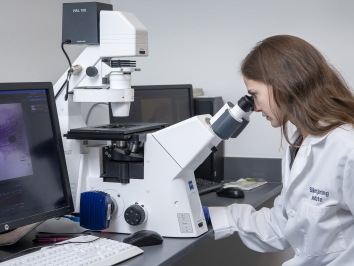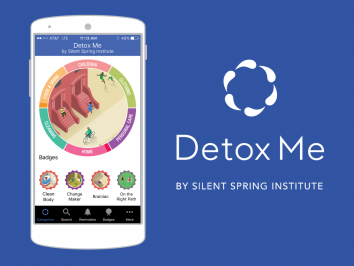Prioritizing Prevention
Despite medical advances, breast cancer remains the most common cancer in the United States. Although cures are important, investing in prevention will have a much larger impact on society by reducing the incidence of the disease and sparing people from the medical, psychological, and financial burdens of a cancer diagnosis. Research shows more than half of cancers are preventable and that environmental chemicals are important contributing factors. Because many chemical hazards are ones we can avoid, they represent important opportunities for prevention. Our research is guided by the principle that when significant risks to public health are suspected, efforts should be made to reduce those risks, and that evidence of harm, rather than definitive proof, should prompt action.
Upcoming Events
We regularly host events and participate in meetings that are open to the public. Please join us!
Science Café: All About Prevention
March 4, 2026Virtual


